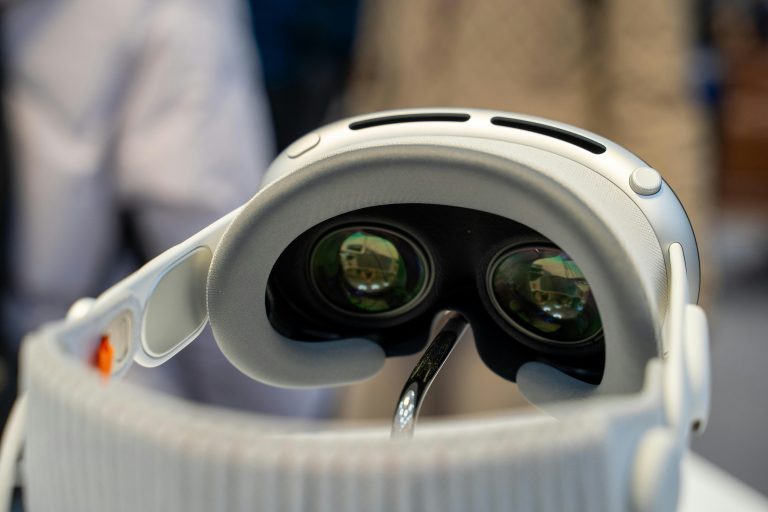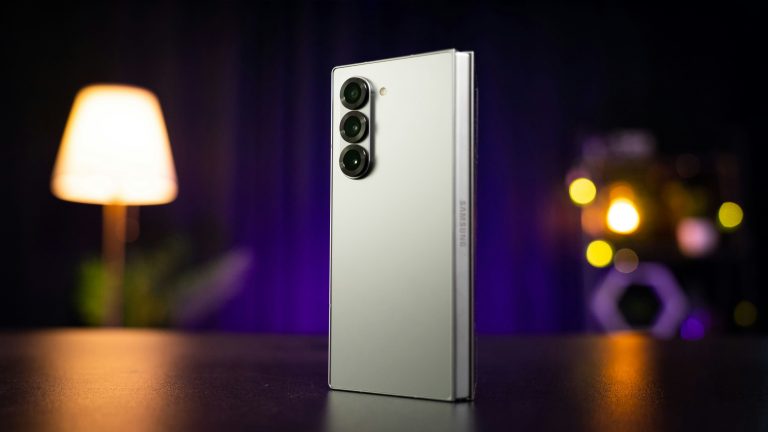Augmented Reality Glasses: Ready for the Mainstream?
2 Intro: From Sci-Fi to Sidewalk 1 AR glasses have long been a dream of tech visionaries — remember Google Glass? 2 Now in 2025, we’ve got a new generation: sleeker, smarter, and actually useful. 3 But are they finally ready to go mainstream — or are we still in early adopter land? 3 Current…









